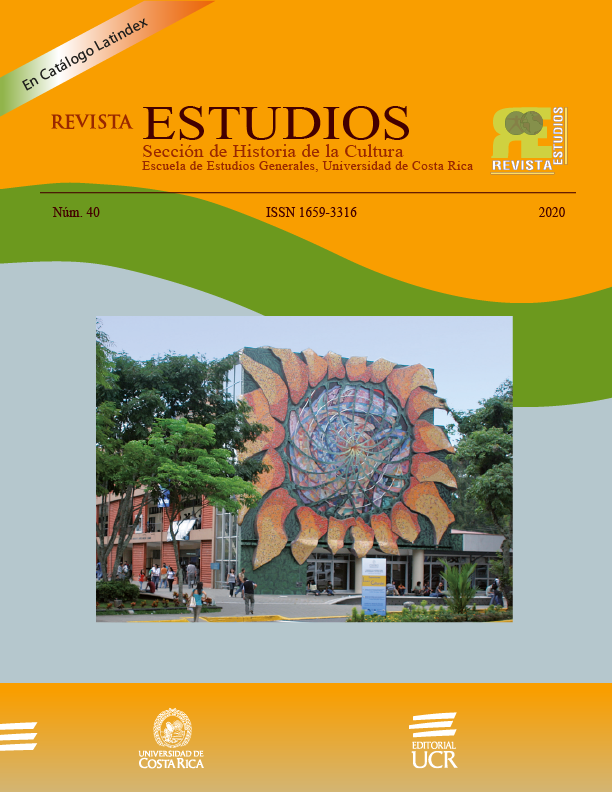Abstract
This article analyzes the conditions that enabled the development of a clandestine abortion market in Costa Rica and how it functioned in the period 1900-2020. It also considers the characteristics of this market, in particular the differentiated access to medical services according to the social origin of the women who aborted. In addition, it studies the key controversies that arisen in the country regarding the practice of artificial termination of pregnancy and the proposals to legalize said procedure.


